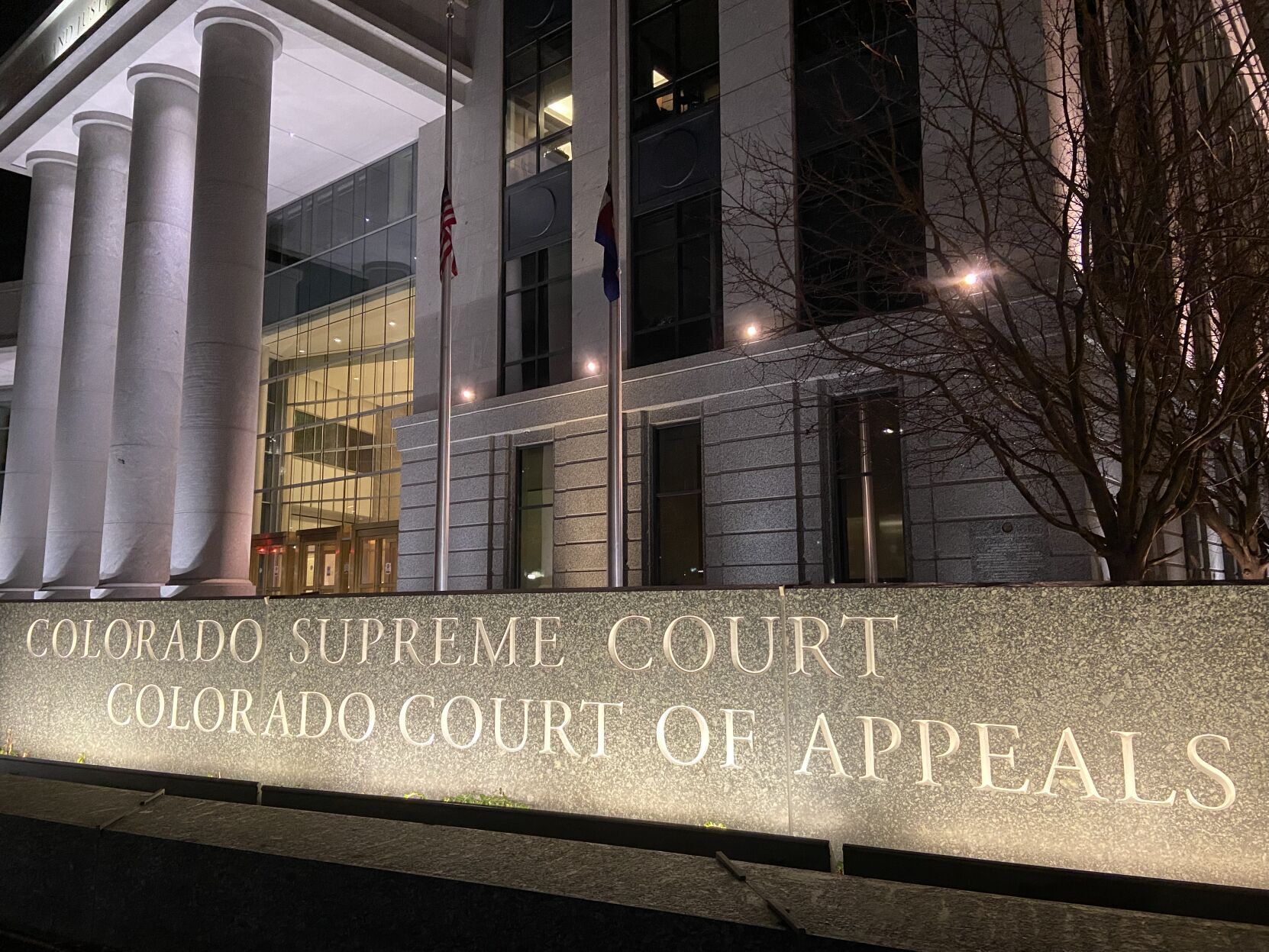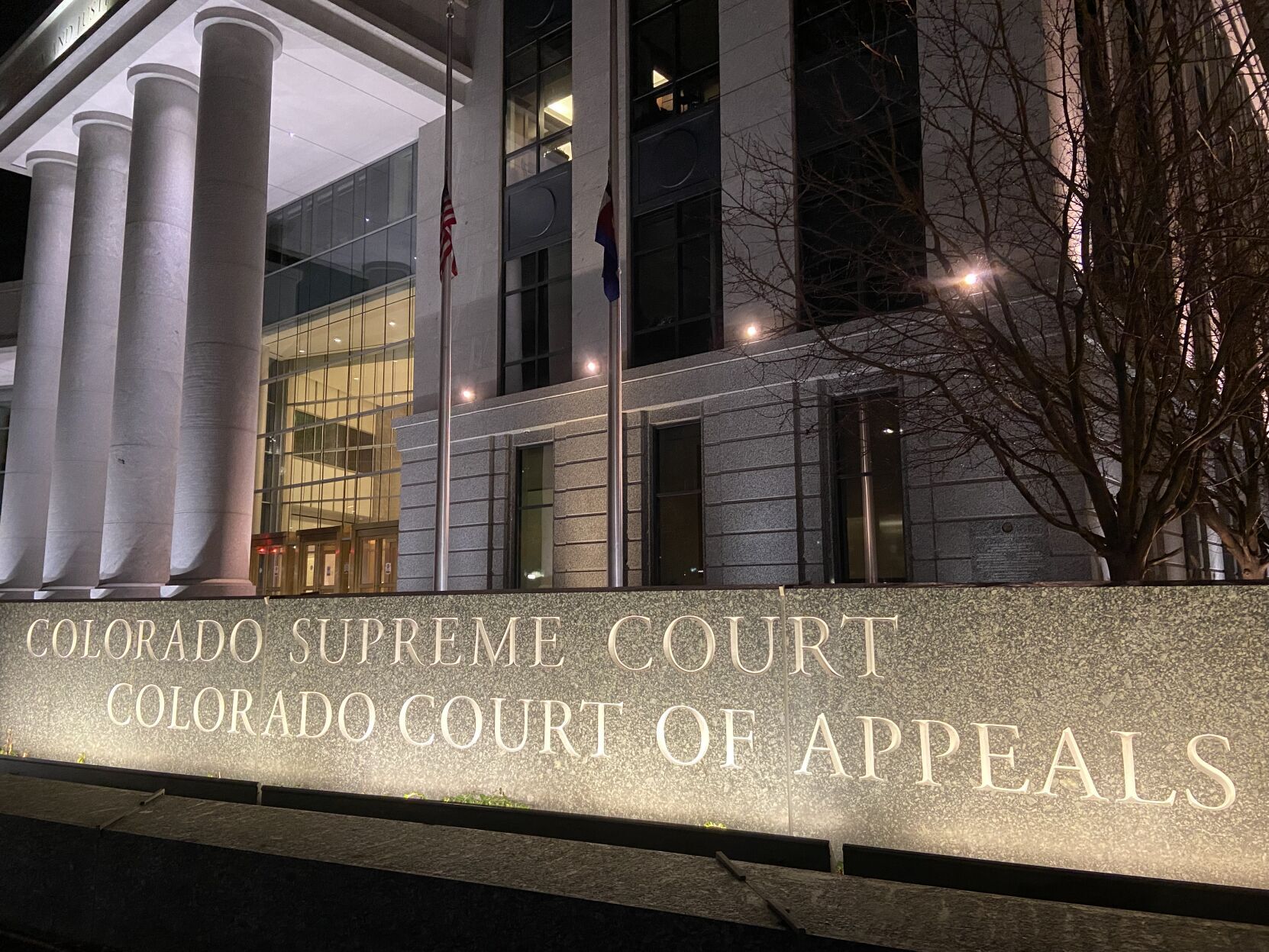Insurance companies are ‘victims’ under state restitution law, appeals court says

The Court of Appeals agreed that insurance companies qualify as “victims” that are entitled to restitution under state law.
A three-judge panel for the state’s second-highest court interpreted a change in the law from 2000 and concluded the legislature had not intended to erase insurers from receiving compensation for losses due to crime. The panel upheld the $2,393.84 in restitution that a trial judge ordered Arnold Roman Martinez to pay to his victim and the victim’s insurer, GEICO.
“Under Martinez’s reading of the statute, offenders would have an incentive to target insured victims to avoid paying restitution,” wrote Judge Lino S. Lipinsky de Orlov in the March 3 opinion. “It defies common sense that the restitution statutes would grant a windfall to offenders whose victims had the foresight to purchase insurance coverage.”
The panel also rejected Martinez’s argument that the victim was to blame for the damage caused in trying to recover the bicycle that Martinez stole.
In December 2018, a Boulder woman saw Martinez taking a $6,000 bike from her garage and alerted her husband. The husband, who is the victim in the case, chased after Martinez in his car. When Martinez refused to stop, the man pulled his vehicle in front of Martinez, causing Martinez to crash the bicycle into the car.
A getaway car picked up Martinez and the victim reclaimed his bicycle. While the bike was unharmed, the collision damaged the victim’s car.
Prosecutors charged Martinez for the burglary and criminal mischief. Martinez entered a guilty plea for a series of cases, and did not plead to any specific charge for the bicycle theft. However, the plea agreement allowed prosecutors to seek restitution for the theft. The district attorney’s office requested $2,393.84 for the car damage, $500 of which would go to the victim to pay his deductible and the remainder would compensate GEICO.
Martinez attempted to avoid paying restitution, arguing that the victim’s actions were responsible for causing the damage. District Court Judge Judith LaBuda rejected that claim, explaining that Martinez was a participant in the collision by stealing the bicycle.
On appeal, Martinez believed that any restitution amount above the $500 to the victim was invalid because GEICO was not a victim as the law is currently written. He pointed to the definition of “victim” as including any person “who has suffered losses because of a contractual relationship with, including but not limited to, an insurer … for a person” harmed by criminal conduct.
The General Assembly’s previous definition of victim, enacted in 1985, defined the term simply as a person or entity who suffered losses through a contractual relationship with the individual directly affected by a crime. Under Martinez’s interpretation, the change in wording meant GEICO could not a have a contractual relationship with an insurer because, in fact, it was the insurer.
The Colorado Attorney General’s Office believed that was a misreading of the definition, and argued that, taken altogether, it was clear that anyone who suffers losses if they have a contract involving a person harmed by crime is a victim.
“Consider a case where an offender breaks into a house and steals $10,000 in cash from a house,” wrote Senior Assistant Attorney General John T. Lee to the Court of Appeals. “Under the policy, the insurance company reimburses the victim for the stolen $10,000. Under the defendant’s reading, the offender would not have to pay back the $10,000 to the insurer. That result undermines the restitution statutes’ goals of taking the profit out of crime, rehabilitating offenders, and deterring future criminality.”
The panel agreed that the government’s interpretation captured the legislature’s intent and the general purpose behind requiring defendants to pay restitution. Lipinsky noted that the General Assembly’s revisions to the law served to broaden the number of entities entitled to restitution under a contractual relationship, not to shrink it.
Martinez also appealed the finding that he was liable for restitution because he caused the damage. He claimed the victim’s “dangerous act of self-help” was instead responsible for the crash.
“The collision occurred only because (the victim) took away the road,” wrote Deputy State Public Defender Jacob B. McMahon. He added that neither the state’s self-defense law nor the allowance for a citizen’s arrest justified the victim’s actions.
“Mr. Martinez committed no crime in his presence, and (the victim’s) use of force was unreasonable,” McMahon said.
He also suggested that the victim himself had “likely” committed a crime by causing the crash.
The appeals panel rejected those contentions, believing Martinez could have foreseen that the victim would try to recover his bike.
“It defies logic to claim that, once the victim’s car was parallel to Martinez, the victim would simply back off and allow Martinez to speed away on the victim’s $6,000 bicycle,” Lipinsky wrote, adding the evidence “does not show the victim intended to collide with Martinez; rather, he expected Martinez to surrender the purloined bicycle.”
The case is People v. Martinez.













